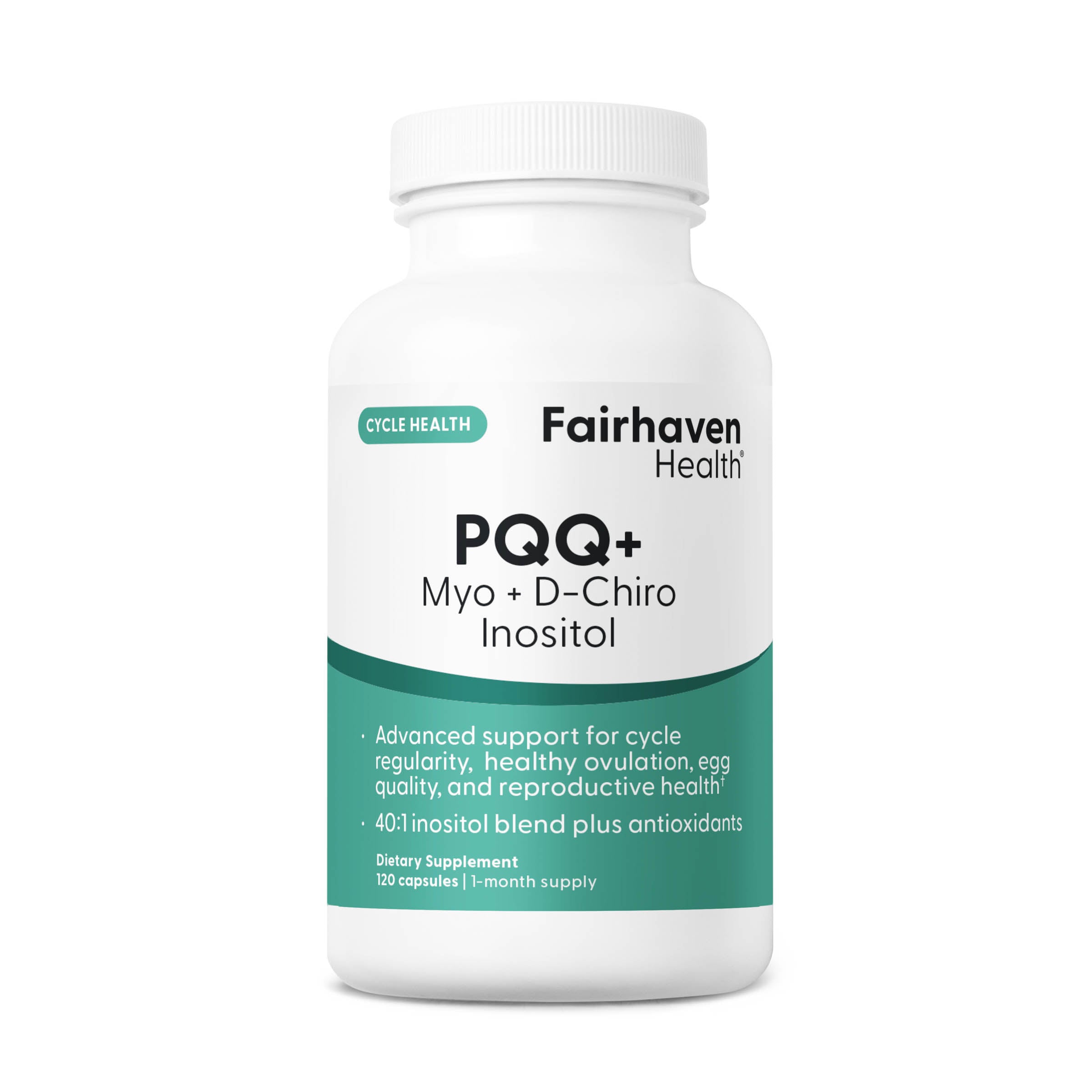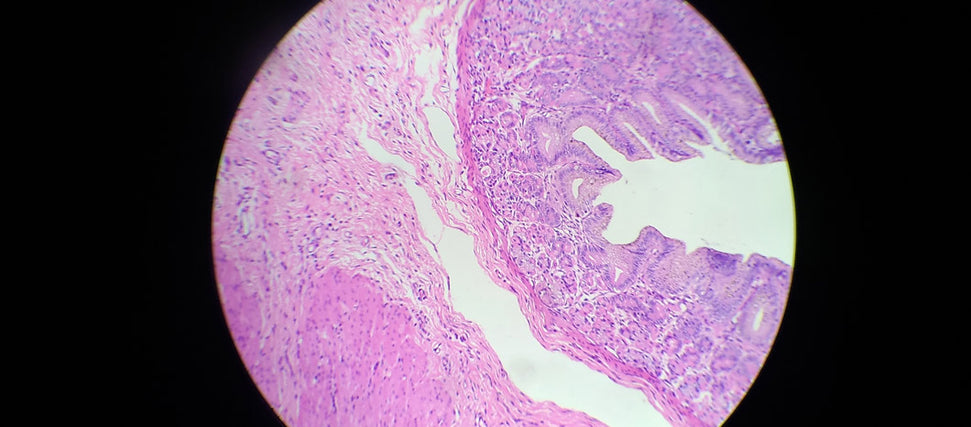First things first, it is important to know what your luteal phase is and when it takes place. Your luteal phase begins at ovulation and ends the day before menstruation begins for your next cycle. It is during this phase that fertilization and implantation would occur. Many women don’t realize that they have a luteal phase defect until they are trying to conceive and begin tracking their ovulation.
A luteal phase lasting less than 10 days can be classified as a luteal phase defect. It is necessary for you to have 10 days or longer in your luteal phase in order for implantation to occur and sustain. With less than 10 days, the uterine lining begins breaking down too early – it is not prepared for implantation which causes an early miscarriage. As stated above, many women don’t discover this defect until they are trying to conceive, but there are a few symptoms to look for. Some women may experience frequent but light periods. Women who chart/track their ovulation, may notice that after ovulation their basal body temperature does not remain elevated during the luteal phase as it should due to the rise in progesterone after ovulation.
There are some known causes of luteal phase defect:
Poor Follicle Production: FSH levels are directly correlated to follicle production. It can be caused by two different issues – either your body is not producing enough FSH or your ovaries are not responding the FSH that it is producing. The corpus luteum produces progesterone, which is necessary to prepare your uterine lining for implantation. Inadequate follicle production in the first half of your cycle leads to poor corpus luteum quality. With inadequate progesterone levels, your uterine lining begins to breakdown, resulting in early menses and possible miscarriage.
Failure of the Uterine Lining to Respond: In this case, FSH levels may be adequate, along with healthy follicle development and corpus luteum, however, the uterine lining just isn’t responding to the normal levels of progesterone. The uterine lining will most likely not be prepared for implantation.
Premature Failure of the Corpus Luteum: The corpus luteum can fail when the initial quality of it is inadequate. The progesterone levels may begin low and drop even further after five to seven days after ovulation. Once these levels drop, menses onset early.
If you discover that you have a luteal phase defect, there are some over the counter remedies. Vitamin B6 is one over the counter option; taking B6 every day of the month can lengthen your luteal phase. B6 can be found in fertility supplements, such as FertilAid for Women. If those remedies don’t help – there are also medications that your doctor can prescribe. Luteal phase defect may sound a bit scary but luckily it is a fairly easy to diagnose and correct.







